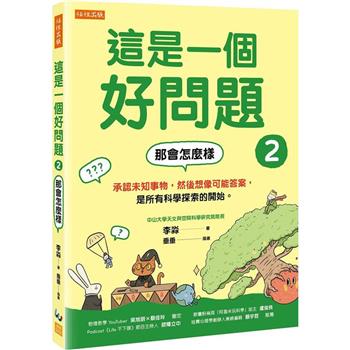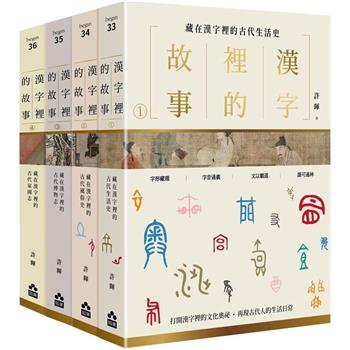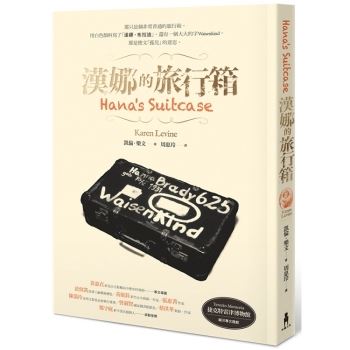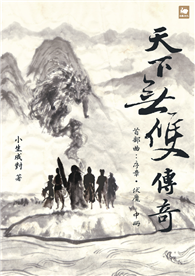This edited volume delves into Sierra Leone’s complex post-conflict landscape. It posits that the nation’s path to peace and stability hinges on robust anticorruption measures. The chapters explore Sierra Leoneans’ unique perception of corruption, reflecting its political, economic, legal and socio-cultural dimensions. Moving away from mere theoretical abstraction, the book pulls together fascinating practical discussions on the success and challenges of anti-corruption tools used in Sierra Leone. Approaches used to explain corruption in this postwar fragile democratic country include issues like non-conviction-based asset recovery and how it works; unexplained wealth exposes lifestyle offences, accountability of the judiciary and how judicial institutions can become a predator; the role of the media in the fight against corruption; the part of culture and history in engraining corruption; patrimonialism as an explanation of corruption; ad social norms and sociological exposition to explain corruption.
| FindBook |
|
有 1 項符合
Deconstructing the Many Faces of Corruption in Sierra Leone的圖書 |
 |
$ 7799 | Deconstructing the Many Faces of Corruption in Sierra Leone
出版社:Palgrave MacMillan 出版日期:2024-07-16 語言:英文 規格:精裝 / 普通級/ 初版  看圖書介紹 看圖書介紹
|
|
|
內容簡介
作者簡介
Emmanuel Saffa Abdulai (PhD) is an anti-corruption crusader and legal and governance scholar with several publications on corruption in Africa. He is a lecturer and the head of the Department of Legal Studies, Faculty of Law, University of Sierra Leone. Over the previous two decades, Abdulai led the campaigner to pass and implement freedom of information law in Sierra Leone and some African countries as a civil society practitioner working for the Society for Democratic Initiatives, Sierra Leone.
Ina Kubbe is a Professor at the University of Tel Aviv, at the School of Political Science, Government and International Relations, where she mainly researches and teaches corruption, migration, gender politics, and conflict resolution. Professor at Austria’s International Anti-Corruption Academy (IACA). She specialises in social science methodology and comparative research on empirical democracy, corruption and governance research. Ina has published several books, special issues, and articles in the field and is a founding member of the Interdisciplinary Corruption Research Network (ICRN) as well as the Chair of the ECPR Standing Group on "(Anti)Corruption and Integrity."
|











